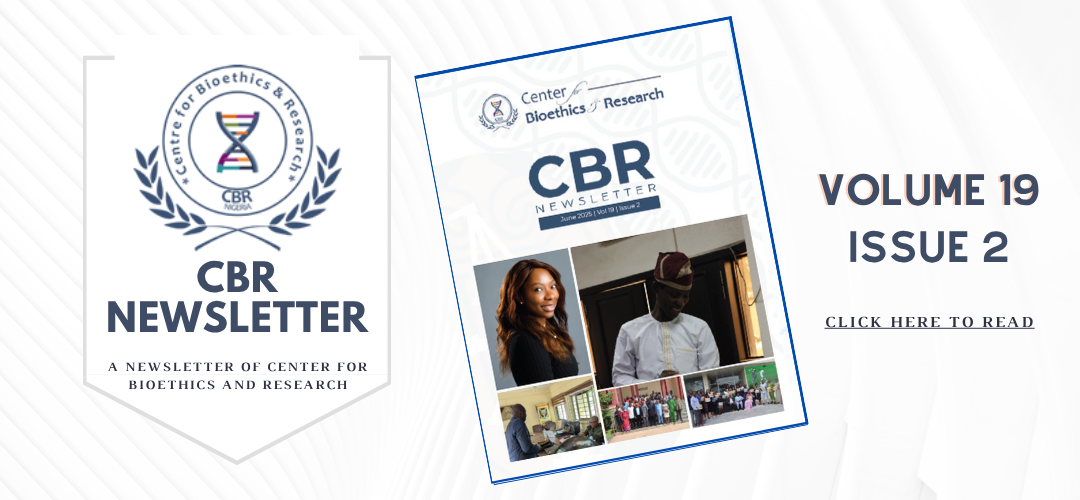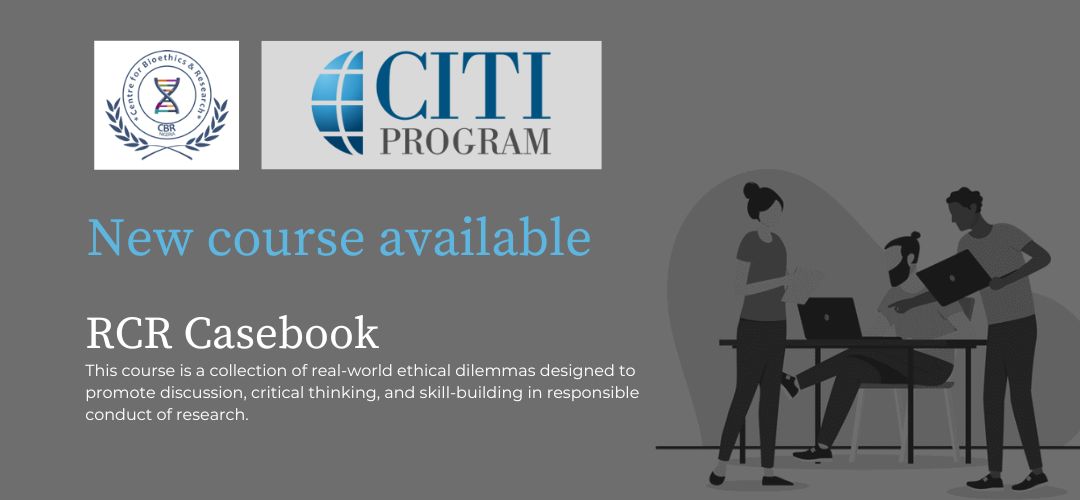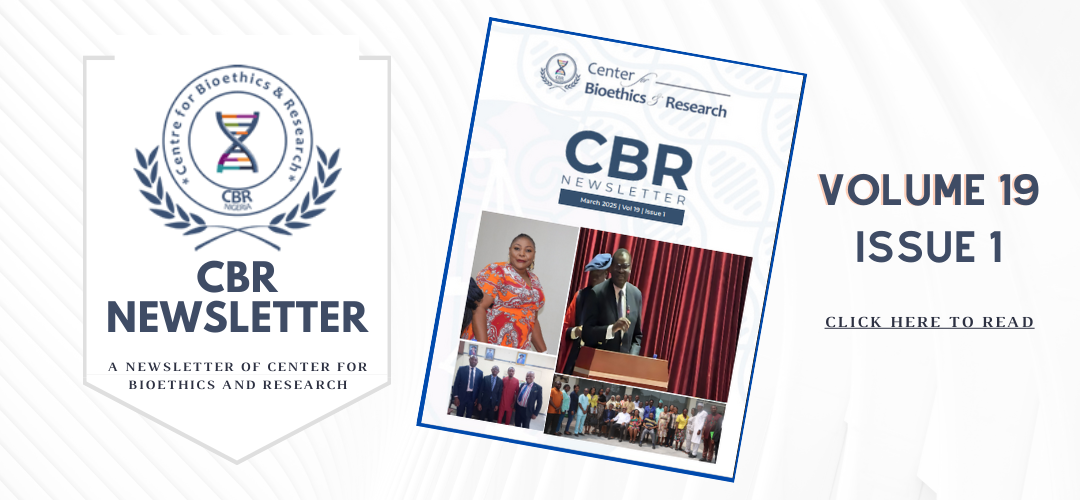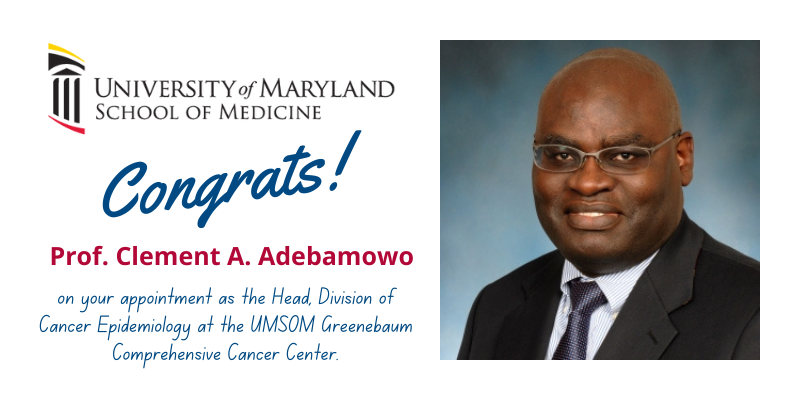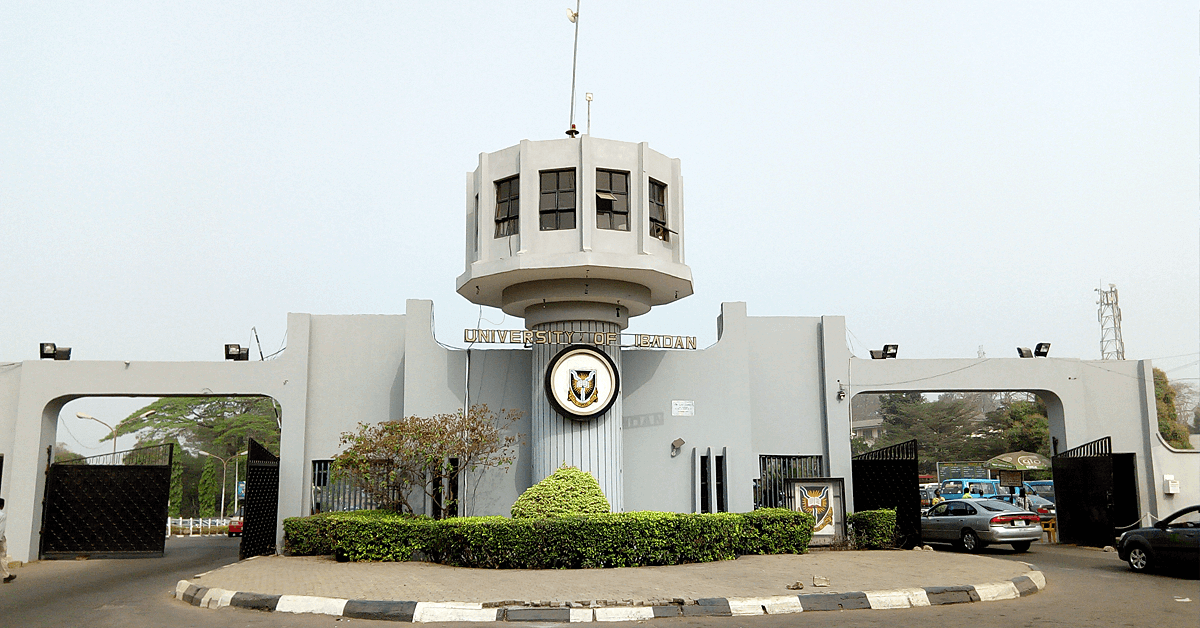African Cultural Concept of Death and the Idea of Advance Care Directives.
Ekore RI1, Lanre-Abass B Indian J Palliat Care. 2016 Oct-Dec; 22(4): 369-372.
Abstract
An advance care directive is a person’s oral or written instructions about his or her future medical care, if he or she becomes unable to communicate. It may be in written or oral form. Africans ordinarily do not encourage the contemplation of death or any discussion about their own or their loved ones’ death. According to the African belief system, life does not end with death, but continues in another realm. Becoming an ancestor after death is a desirable goal of every individual, a feat which cannot be achieved if an individual asks for an unnatural death by attempting to utilize advance care directives. Advance care directives are considered to be too individualistic for communitarian societies such as Africa. Coupled with the communitarian nature of African societies are issues such as lack of awareness of advance directives, fear of death and grief, and the African cultural belief system, which are potential barriers to the utilization of advance care directives in the African setting. Hence, the need for culture sensitivity which makes it imperative that patient’s family and loved ones are carried along as far as possible, without compromising the autonomy of the patient in question when utilizing advance care directives.
Knowledge of the Nigerian Code of Health Research Ethics among Biomedical Researchers in Southern Nigeria.
Ogunrin OA, Daniel F, Ansa V. J Empir Res Hum Res Ethics. 2016 Dec; 11(5): 397-407.
Abstract
Responsibility for protection of research participants from harm and exploitation rests on Research Ethics Committees and principal investigators. The Nigerian National Code of Health Research Ethics defines responsibilities of stakeholders in research so its knowledge among researchers will likely aid ethical conduct of research. The levels of awareness and knowledge of the Code among biomedical researchers in southern Nigerian research institutions was assessed. Four institutions were selected using a stratified random sampling technique. Research participants were selected by purposive sampling and completed a pre-tested structured questionnaire. A total of 102 biomedical researchers completed the questionnaires. Thirty percent of the participants were aware of the National Code though 64% had attended at least one training seminar in research ethics. Twenty-five percent had a fairly acceptable knowledge (scores 50%-74%) and 10% had excellent knowledge of the code (score ≥75%). Ninety-five percent expressed intentions to learn more about the National Code and agreed that it is highly relevant to the ethical conduct of research. Awareness and knowledge of the Code were found to be very limited among biomedical researchers in southern Nigeria. There is need to improve awareness and knowledge through ethics seminars and training. Use of existing Nigeria-specific online training resources is also encouraged.


